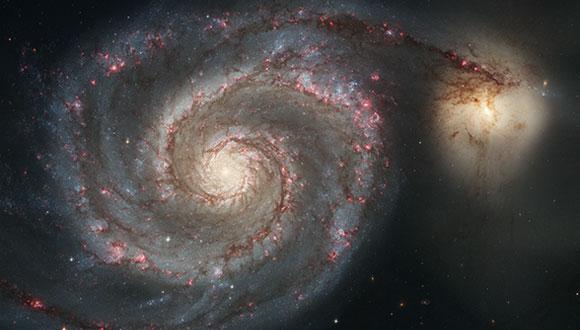Astronomy & Astrophysics Seminar: The Origin of Compact Exoplanetary Systems
Raluca Rufu, Southwest Research Institute
Zoom: https://tau-ac-il.zoom.us/j/85031132958?pwd=UXZNS05ST01KVXhGTTdLRU9WekZEdz09
Abstract:
One of the most surprising discoveries in exoplanet science has been the existence of compact systems of Earth to super-Earth sized planets. These multi-planet systems have nearly circular, coplanar orbits located at distances of only ∼ 0.01 − 0.1 AU, a region devoid of planets in our Solar System. Although compact systems comprise a large fraction of known exoplanetary systems, their origin remains debated. Common to all prior models of compact system origin is the assumption that infall to the stellar disk ends before planets form. However, there is growing observational, theoretical, and meteoritical evidence of the early growth of mm-sized “pebbles” during the infall phase. We propose that accretion of compact systems occurs during stellar infall. As a cloud core collapses, solids are gradually accumulated in the disk, producing favorable conditions for the formation and survival of close-in planets. A key feature of this model is that the reduced gas-to-solids ratio in the planet accretion region can allow for the formation and survival of compact systems, even with Type-I migration.
Seminar Organizer: Dr. Iair Arcavi


